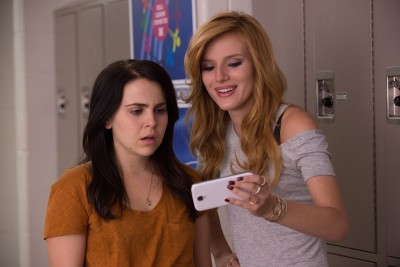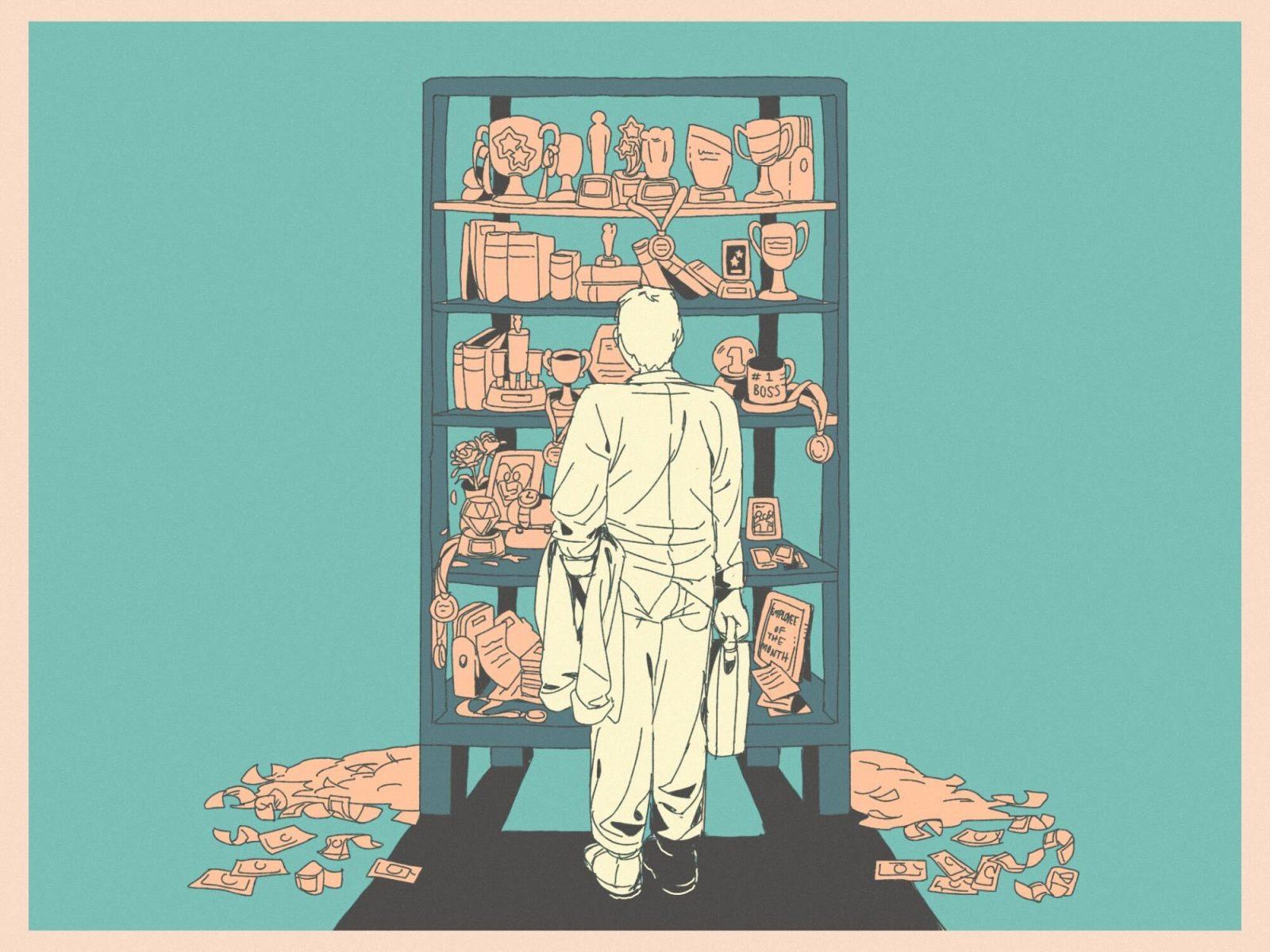
Regardless of their individual experiences, most American adults are likely to share one thought: high school was a terrible place.
Hollywood films tend to have a lot of fun in portraying the high school experience. Made by people who have already finished high school and who possess both knowledge and perspective of its significance, these films toy with reality to provide narratives which either course with knowing cynicism (“Heathers,” “Clueless,” “Mean Girls”) or provide rosy views of burgeoning adolescence (“High School Musical,” “Grease”). They distort memories of the arbitrarily determined social hierarchies and exaggerated emotions that color the high school years, or they rewrite the bitterness to encourage audiences to laugh at the absurdity.
“The DUFF,” from first-time director Ari Sandel, continues in both traditions. Based on a young adult novel by Kody Keplinger, Sandel’s film tells the story of Bianca (Mae Whitman), who discovers through popular jock Wesley (Robbie Amell) that she serves as the DUFF — Designated Ugly Fat Friend — for her small, popular social group. This means she the one to distract from any shortcomings the other members may have by being the least physically attractive. Upon revealing her status, Wesley agrees to help Bianca “improve” herself in exchange for her academic assistance.
The fact that Keplinger finished the book at age 17 puts the film in a unique position in the lineage of high school cinema. It sprang from the mind of a girl in the thick of the world it presents, but it’s being brought to life by those with enough distance from it to make retrospective comment.
For the film’s three leads, though, it’s sometimes hard to appreciate that distance.
“I definitely was bullied and called weird names [in high school],” Whitman said, in a conference call interview with The Daily Free Press.
Whitman is 26 years old, but said she still feels the importance of countering negative high school experiences with realistic stories that sport a message of hope.
“For me, I like the idea of breaking down the need for people to compare, judge and keep people down,” Whitman said. “It’s really limiting for everyone, and it’s just not real … It was important for me to communicate that the coolest kids in the world are bullied, just like me.”
“I’m the coolest kid in the world,” she added with a laugh.
Amell, also 26, was similarly drawn to the film for its universality. Though he described his high school experience as “tame” — “I grew up in Toronto, where everybody is polite and apologizes for everything,” he said — Amell said the movie scenes are a particularly accurate vision of the average high school experience.
“It was super refreshing to read a teen comedy script that kind of grasps what it’s like to be in high school. Everybody is trying to find their way and figure out who they are, dealing with their own issues and with other people,” he said. “It was nice to see that in something that actually turned out to be so funny.”
When it comes to the film’s content, its focal points include social hierarchies, self-esteem issues and teenage romance. Perhaps its ripest and most prominent target, though, is the all-too-familiar phenomenon of adolescent stereotyping.
“The whole point of this movie is to expose stereotypes and how thin they are,” said Bella Thorne, the 17-year-old actress who plays Madison, the “mean girl” counterpart to Whitman’s sympathetic Bianca. “If this movie didn’t have the understanding of stereotypes, maybe it would feel a little more upsetting … it was kind of nice to start out by going, ‘Hey, here are these stereotypes,’ and then getting to spend the rest of the movie breaking them down and showing how you can let them go.”
Although stereotype shattering has served as the premise for many films over the past several decades, “The DUFF” looks to start a new conversation about stereotypes in 21st-century high schools.
“What we really wanted to convey with this movie was how silly it is to think that anyone deserves to be put in a box that someone else has made up for their own weird, sad reasons,” Whitman said. “None of that stuff exists. You’re the only one who can say what you are and be who you are. Nobody else knows what they’re talking about.”
“The DUFF” opens in theaters Feb. 20.






















































































































